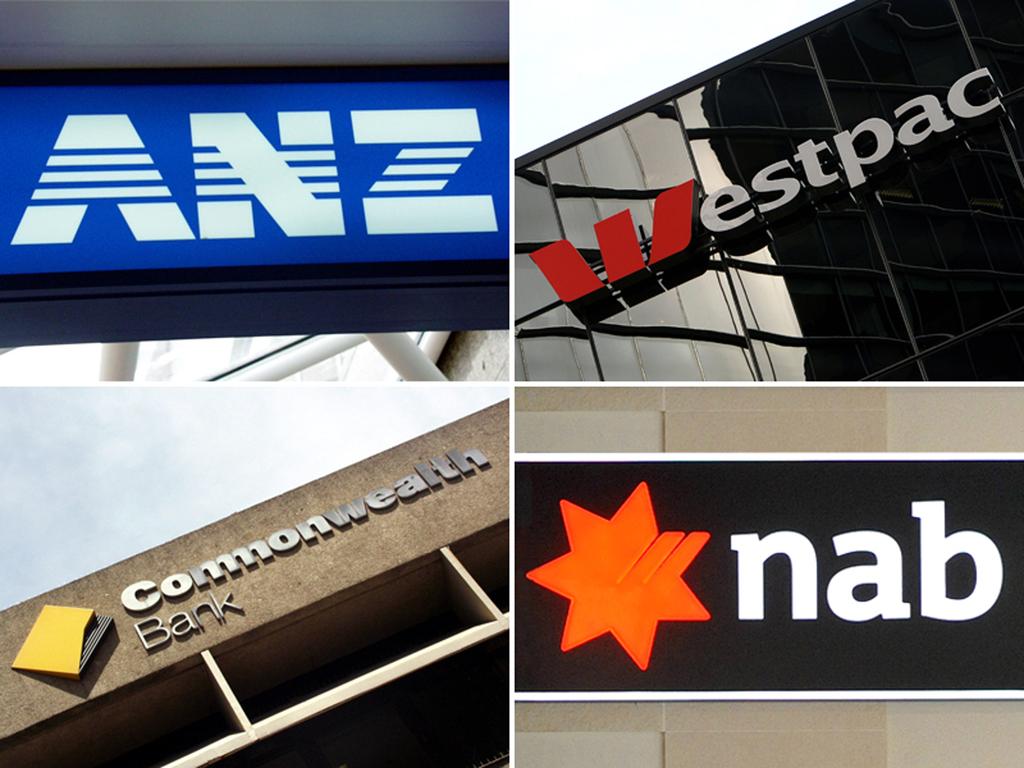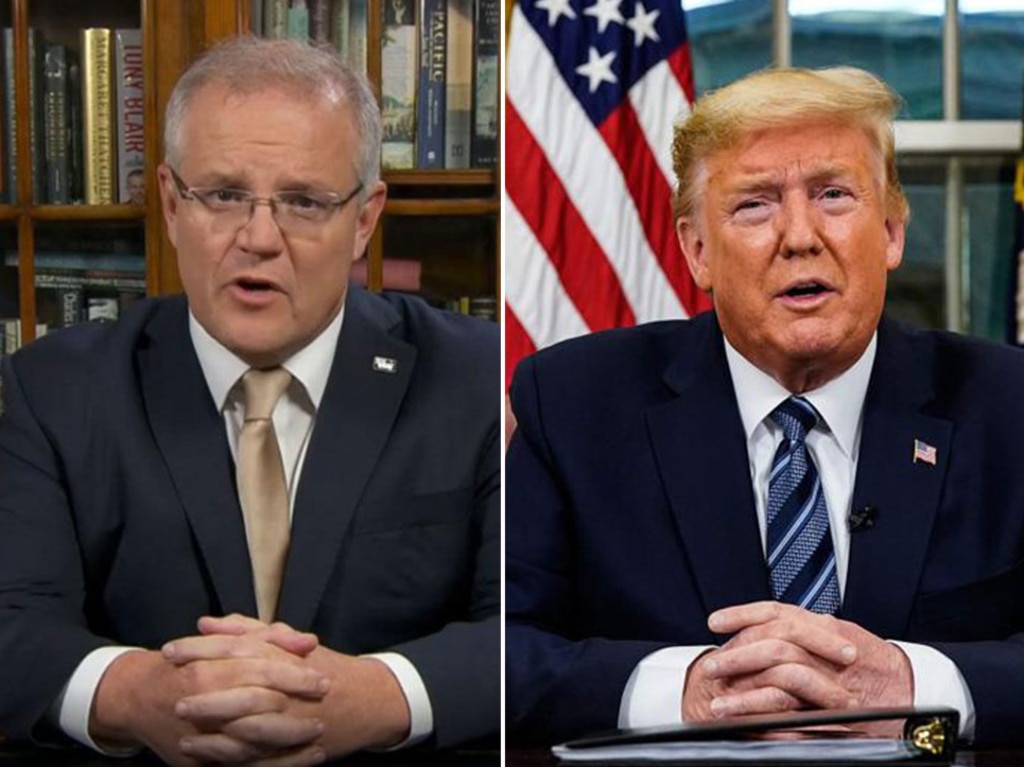
Normally what happens is that the sharemarket crashes, and it then takes six to 12 months, and sometimes 18 months, before the full ramifications extend through the economy into much lower house and property prices.
But this global market crash is based on a virus, so it is going to be both more severe and much faster than normal. But the recovery maybe quicker.
The most urgent task of governments is to keep the banking, health systems and overall economy functioning. That way the recovery will be faster.
One way for readers, particularly younger readers, to understand what happening is to relate my experience during the evening of March 12 on the eve of the latest chapter of the Wall Street crash.
I went to an Essendon football club dinner. As I was about to enter the room. I got a call from a businessperson to say he had decided not to go into a function but instead was walking home. But I went in. We were told that, like other clubs, the players were effectively being quarantined and that very few administrative staff were allowed to have contact with them.
One such person walked into the room, stayed separate from the audience as he talked to them. He then immediately left. A large number of people in the room were aged over 65 (I am well and truly in that bracket) and have a 15 per cent chance dying if they become infected.

After the dinner I reflected that perhaps I should not have been in that room even though no one who had recently been overseas was there.
I decided not to go to the Grand Prix irrespective of whether it would be held.
The understandable fear of those aged in their late fifties and older is escalating and will cause a massive contraction of global spending. The travel fears and restrictions will decimate not just airlines but much wider parts of the economy. Not surprisingly, global bank shares are being hammered because many of the industries and employees set for blows have borrowed from banks or will seek to borrow. Citibank shares are down 48 per cent from the peak compared with a fall of around 28 per cent in the overall US market.
In a situation like this the first step in overcoming the problem is to recognise the full extent of that problem. Accordingly rescue packages have to be to be designed to recognise and manage the problem. That’s what China did and now it is coming through it which is good news for Australia. Each industry has to adapt its business to the new situation starting with airlines and restaurants.
In this context I think it is worth looking at the Frydenberg package and why it could never have worked.
As I pointed out earlier in the week Foreseechange has carefully plotted the link between savings, retail spending and the stock market.
It found that for every 10 per cent fall in the share market household spending falls 1 per cent and savings increase by the same amount.
As Frydenberg was speaking the market was in freefall and was soon to be down by around 25 per cent (it’s now lower of course) so that cuts retail spending by about 2.5 per cent which takes about 1.5 per cent off GDP: more than the Frydenberg package adds.
Treasury told Frydenberg that if he handed a chunk of money out to older people on low incomes those old people would spend it. Their strategy would have worked brilliantly in the GFC, but this time around, as explained above, older people are petrified and a large number are staying home and spending nothing.
Then there is the accelerated depreciation and extension of immediate write-offs. These are good longer term moves to stimulate much needed investment.
But right now cash coming through the door has been slashed.
Sometimes lower cashflow comes about simply because sales are down but at other times it is because some (but I emphasise, not all) members of the business council and other large enterprises are squeezing vulnerable small enterprises. Small business ombudsman, Kate Carnell, describes graphically what’s happening in the world that employs people, not the world of large corporates and their lawyers.
Frydenberg told me enforcement legislation was not on the table. It needs to get there fast in line with the undertakings given by Prime Minister.
The proposed payments register is a good first step but need to start on July 1 or earlier, not 2021. And it needs a clear statement that slow payers will not be awarded government contracts. Once that’s done, according to Carnell, $7bn in extra cash is injected into the employment sector.







Big crashes on global share markets always result in severe contraction of economies. Accordingly, the fact that the developed world, including Australia, will have a recession is not in doubt. It’s a question of how severe it will be and how long it will last.